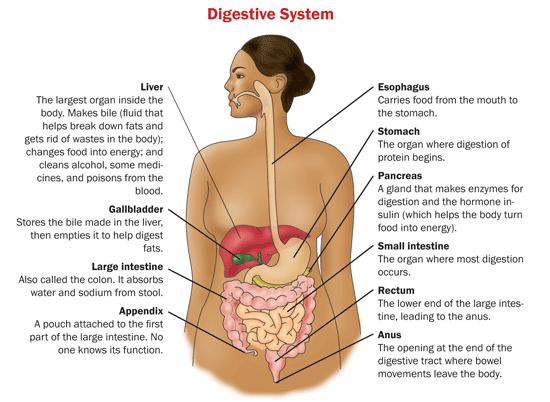
Two treatments are being researched that show promised in treating Crohn's disease, an inflammatory disorder of the bowels. One is a fecal transplant and the other uses stem cells to treat a serious complication of Crohn's.
Crohn's disease is a chronic autoimmune condition where the body attacking the lining of the intestines. People with it suffer from painful abdominal cramps, diarrhea, constipation, and intestinal bleeding. In severe cases, tunnels called fistulas form between loops of intestine or between intestines and other organs. These are extremely hard to treat. As many as 700,000 people in the United States have Crohn's disease.
The usual treatment for Crohn's disease is to suppress the immune system to keep it from attacking the intestines. But fecal transplants, which are basically a sample of poop from a healthy person, are being investigated as a way to change the microbial environment-the microbiome-in the intestines. The hypothesis is that the fecal matter from a healthy person will colonize the intestines with a better assortment of microbes.
Researchers gave nine teenaged patients who had mild-to-moderate symptoms of Crohn's disease a fecal transplant via a nasogastric tube. Seven out of nine of the patients were in remission 2 weeks after the treatment and five were in remission 6 and 12 weeks after treatment.
A second study looked at the use of stem cells in treating fistulas caused by Crohn's disease. Researchers in Korea had previously treated 43 patients with fistulas with stem cells derived from their own fat tissue. They had mixed a surgical glue with the stem cells and injected this mixture into the fistula during a surgical procedure.
Complete healing was seen in 27 out of 36 patients after 2 years. The fistulas had completely closed in these patients and the fistulas stayed closed. No adverse events occurred in any of the patients.
Both studies are small and there were no comparison groups, but their results are promising.
You can read the article on fecal transplants at http://journals.lww.com/ibdjournal/Fulltext/2015/03000/Fecal_Microbial_Transplant_Effect_on_Clinical.7.aspx.

